10 Common Mistakes to Avoid in UPSC Preparation
The UPSC Civil Services Examination (CSE) is one of the most competitive and prestigious exams in India. Every year, lakhs of aspirants appear for the exam, but only a few hundred make it to the final list. The difference between those who succeed and those who don’t often lies not in hard work alone, but in the strategy and approach they adopt.
Aspirants frequently commit some avoidable mistakes that waste their time, lower their efficiency, or push them away from the right path. By being aware of these pitfalls, you can save yourself from repeating them and improve your chances of success.
This article covers the 10 most common mistakes in UPSC preparation with detailed explanations, examples, and actionable solutions.
1. Lack of a Clear Strategy
One of the biggest mistakes aspirants make is starting their preparation without a structured plan. Many students jump directly into reading bulky books, collecting study materials, or attending coaching classes without clarity on the exam pattern, syllabus, or weightage of topics.
2. Ignoring the UPSC Syllabus and Previous Year Papers
Many aspirants start reading everything they find in newspapers, magazines, or online platforms without cross-checking with the official syllabus. Similarly, they neglect Previous Year Questions (PYQs), which are the best guide to understand UPSC’s mindset.
3. Over-Reliance on Coaching Institutes
Coaching can guide you, but many aspirants completely depend on institutes without self-study. They follow coaching notes blindly, ignoring NCERTs or standard books.
4. Ignoring NCERTs and Basics
Many aspirants directly jump to advanced books like Laxmikant, Spectrum, or coaching materials, ignoring NCERT textbooks (6–12th standard).
5. Poor Time Management and Procrastination
Some aspirants study for 12–14 hours a day for a few weeks, then burn out and lose consistency. Others procrastinate, spending too much time on one subject or topic.
6. Ignoring Answer Writing Practice for Mains
Many aspirants focus only on Prelims and start Mains answer writing after clearing it. This leaves very little time for practice.
7. Neglecting CSAT in Prelims
Many aspirants assume CSAT is only qualifying and take it lightly. However, in recent years, CSAT papers have become tougher, and many candidates fail because of it.
8. Not Revising Enough
UPSC syllabus is vast, and information overload is common. Many aspirants keep studying new material but forget to revise.
9. Overloading with Too Many Sources
Some aspirants collect 10 different books for each subject, 5 newspapers, and multiple monthly magazines. This leads to confusion and lack of clarity.
10. Ignoring Health and Mental Well-being
Aspirants often compromise on sleep, diet, and exercise. Some isolate themselves completely, which leads to stress, anxiety, or depression.
Additional Mistakes Aspirants Should Avoid
Quitting too early or being overconfident.
Blindly copying topper strategies instead of customizing your own.
Ignoring Essay and Ethics papers, which can be rank-defining.
Not practicing mock tests for Prelims.
Depending only on YouTube videos without reading books.
Avoid excessive stress and stay positive.
Maintain social connections and hobbies.
Exercise or meditate for at least 30 minutes.
Sleep for 7–8 hours daily.
Solution
Why this is a mistake?
A healthy mind and body are crucial for consistent preparation and performance in a long exam cycle.
Choose one newspaper and one current affairs magazine.
Revise them multiple times instead of collecting new material.
Stick to limited standard sources.
Solution
Why this is a mistake?
UPSC doesn’t expect you to know everything; it expects you to know relevant things clearly.
Revise daily, weekly, and monthly.
Use short notes, flashcards, and mind maps.
Follow the 3-4-5 revision rule (revise 3 times before Prelims and 5 times before Mains).
Solution
Why this is a mistake?
Without revision, you won’t recall information in the exam hall.
Solve PYQs and mock tests.
Identify weak areas and strengthen them.
Regularly practice CSAT questions on maths, reasoning, and comprehension.
Solution
Why this is a mistake?
If you fail CSAT, your GS paper won’t be evaluated, no matter how well you perform.
Use maps, diagrams, and flowcharts in answers.
Focus on introduction-body-conclusion (IBC) format.
Join a test series or practice PYQs.
Start answer writing practice early, even if it’s just one question daily.
Solution
Why this is a mistake?
Writing quality answers requires practice, structuring, and speed, which cannot be developed overnight.
Take short breaks to avoid burnout.
Divide your day between static subjects, current affairs, and revision.
Follow the Pomodoro technique or time-blocking.
Study quality over quantity (6–8 focused hours daily is enough).
Solution
Why this is a mistake?
UPSC requires long-term preparation (1–2 years). Without consistency and balance, your performance suffers.
Use NCERT maps, diagrams, and examples in your Mains answers.
Make notes from NCERTs for quick revision.
Read NCERTs systematically before moving to advanced sources.
Solution
Why this is a mistake?
NCERTs build the foundation for subjects like history, geography, polity, economics, and science. Without them, your knowledge remains incomplete.
Develop your own understanding and notes.
Prioritize NCERTs and standard reference books.
Use coaching only as a supplementary tool, not a substitute for self-study.
Solution
Why this is a mistake?
UPSC tests your conceptual clarity, analytical ability, and originality. Coaching notes alone cannot develop these.
Focus more on areas where questions are frequently repeated.
Analyze PYQs (last 10 years) for both Prelims and Mains.
Before reading any topic, map it to the syllabus.
Always keep a copy of the syllabus with you.
Solution
Why this is a mistake?
You end up wasting time on irrelevant material and missing recurring themes in UPSC questions.
Keep room for revision and current affairs.
Create a yearly, monthly, and weekly plan and stick to it.
Break down the syllabus into micro-topics.
Begin with the UPSC syllabus and understand what is asked in Prelims, Mains, and Interview.
Solution
Why this is a mistake?
Without a roadmap, you tend to study randomly, skip important areas, and fail to revise.

Lakshya IAS
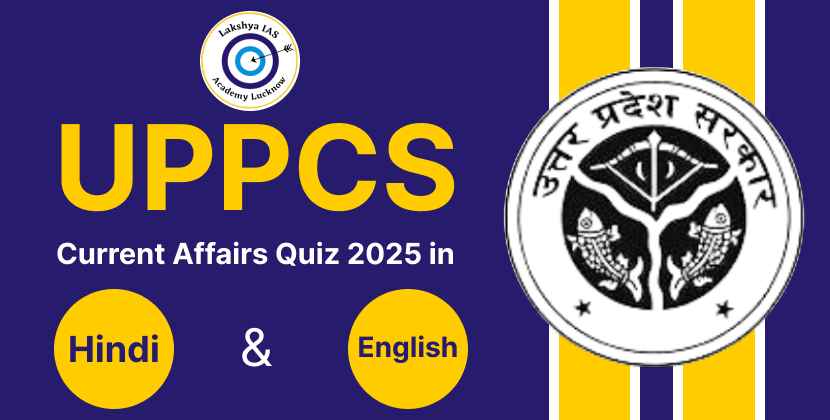
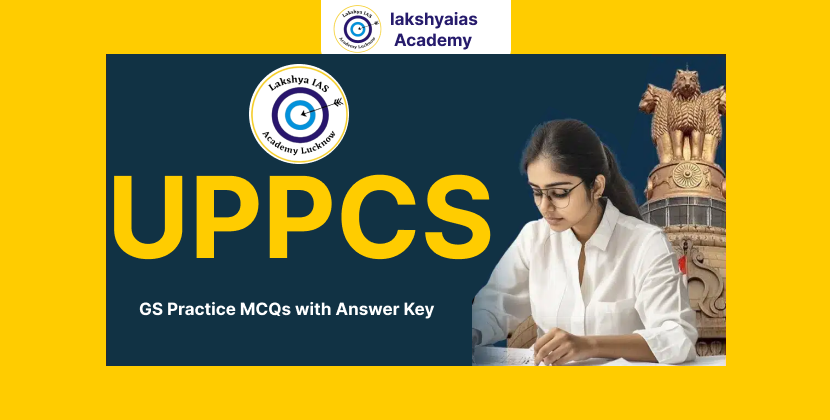
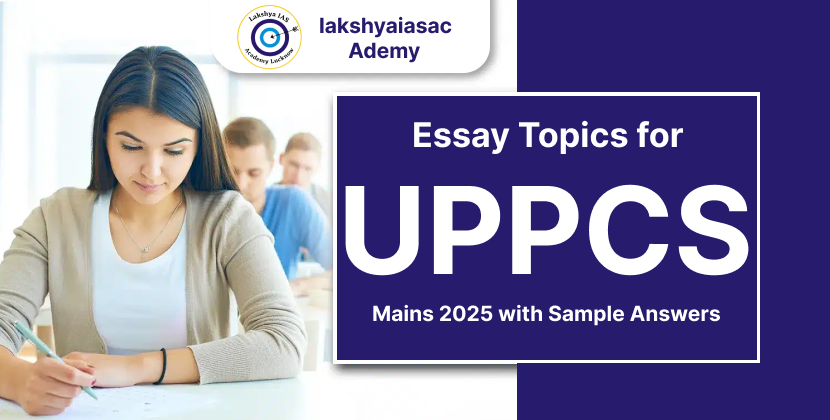
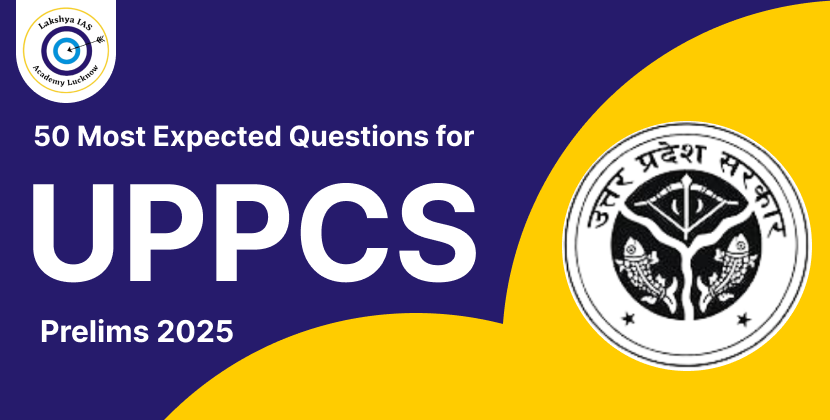
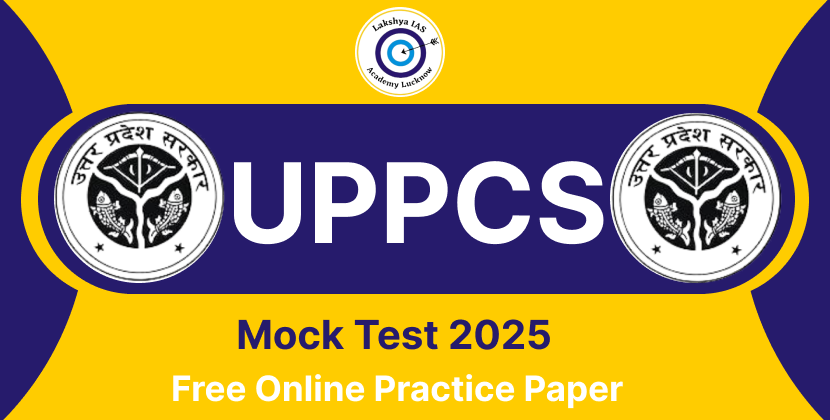
.png)
.png)
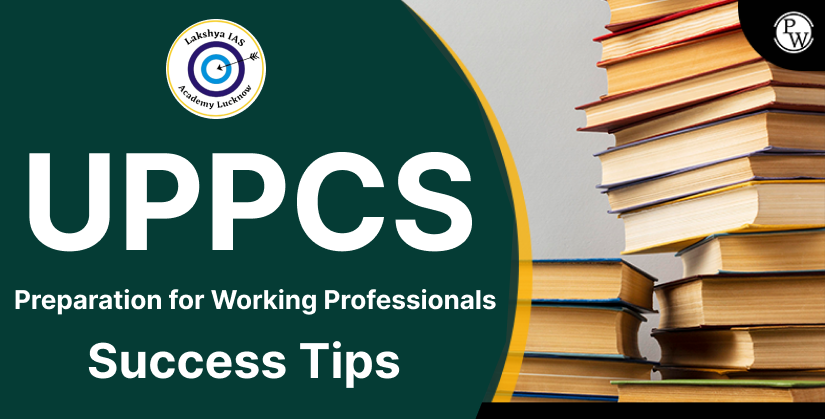
.png)
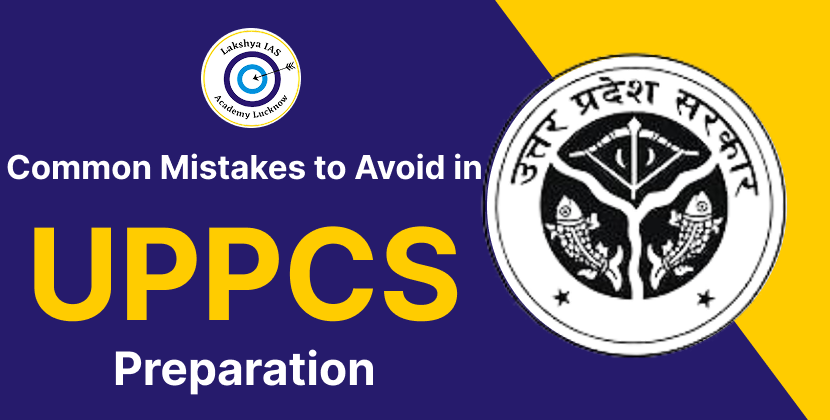
Leave a Comment